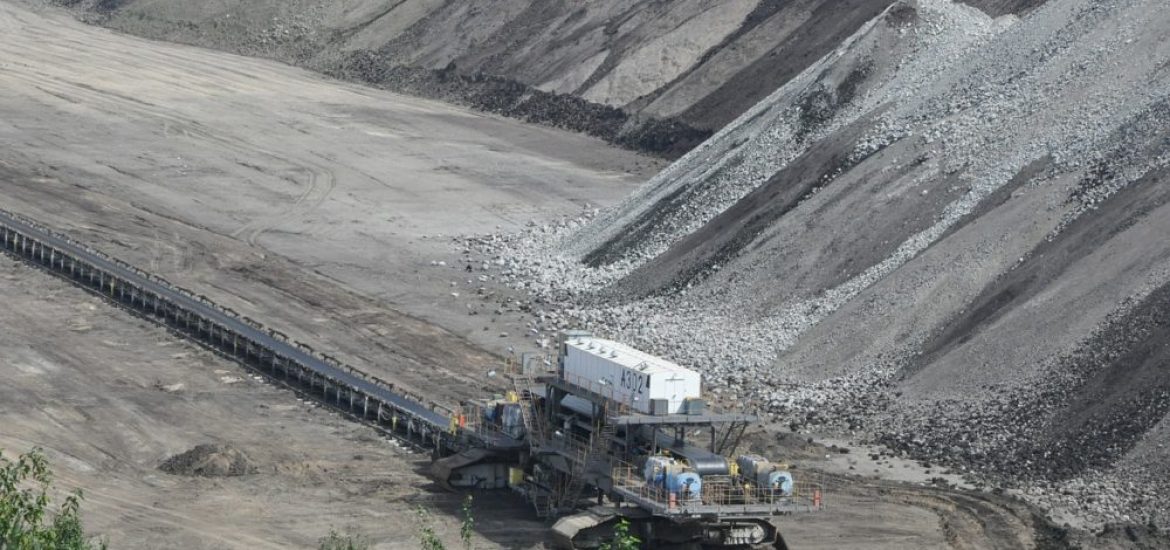
A regional Polish court has overruled last year’s decision by the state-run utility Enea to join a scheme to build a 1-gigawatt coal power station in cooperation with Energa, another state-run energy group.
The Ostroleka project in northeastern Poland was supposed to be the last coal plant to be built, the energy minister had said.
The US$1.5-billion project would not have been environmentally viable or economically justifiable, activists said.
Energa proposed the polluting plant in 2016 with completion by 2023, in response to a government policy to keep using coal.
Coal currently makes up about 80 per cent of Poland’s energy generation and is expected to fall to 50 per cent by 2040. According to the European statistics agency Eurostat, renewables made up 10.9 per cent of Poland’s energy mix in 2017, which will need to increase to 15 per cent by 2020 to comply with the EU’s environmental targets.
Enea’s shareholders voted last year in favour of joining the project.
With a controlling stake in Enea, Poland’s government pushed through the company’s approval.
But lawyers from the NGO ClientEarth asked the district court to rule the shareholders’ decision invalid.
“This is an excellent result for Enea’s shareholders and for the climate,” said ClientEarth lawyer Peter Barnett. “The plant is a stranded asset in the making, facing clear and well-documented financial risks.
“Companies and their directors are legally responsible for managing climate-related risks and face potential liability if they fail to do so. Enea and Energa should lay this project to rest before it incurs any further costs to the companies and their shareholders.”
Enea did not say if it would appeal.
Global asset manager Legal and General Investment Management, which is invested in Enea and Energa, said its clients faced “very high financial risks due to its uncertain policy support, rising carbon prices, unreliable capacity payments and the threat of new technologies in energy generation”, according to Reuters.
“This is a clear signal and major opportunity for the companies and for the industry at large,” said Marcin Stoczkiewicz, another lawyer from ClientEarth Poland.
“Enea and Energa need to look at what the future of energy is in Poland. There is vast employment potential in cheaper, domestic renewables.”
Poland’s nationalist Law and Justice (PiS) party won power in 2015 promising to sustain the coal industry but more recently has said it would move towards renewable energy to address the growing problem of air pollution.
Polish air quality suffers from the country’s coal dependency. Picture credit: NeedPix





